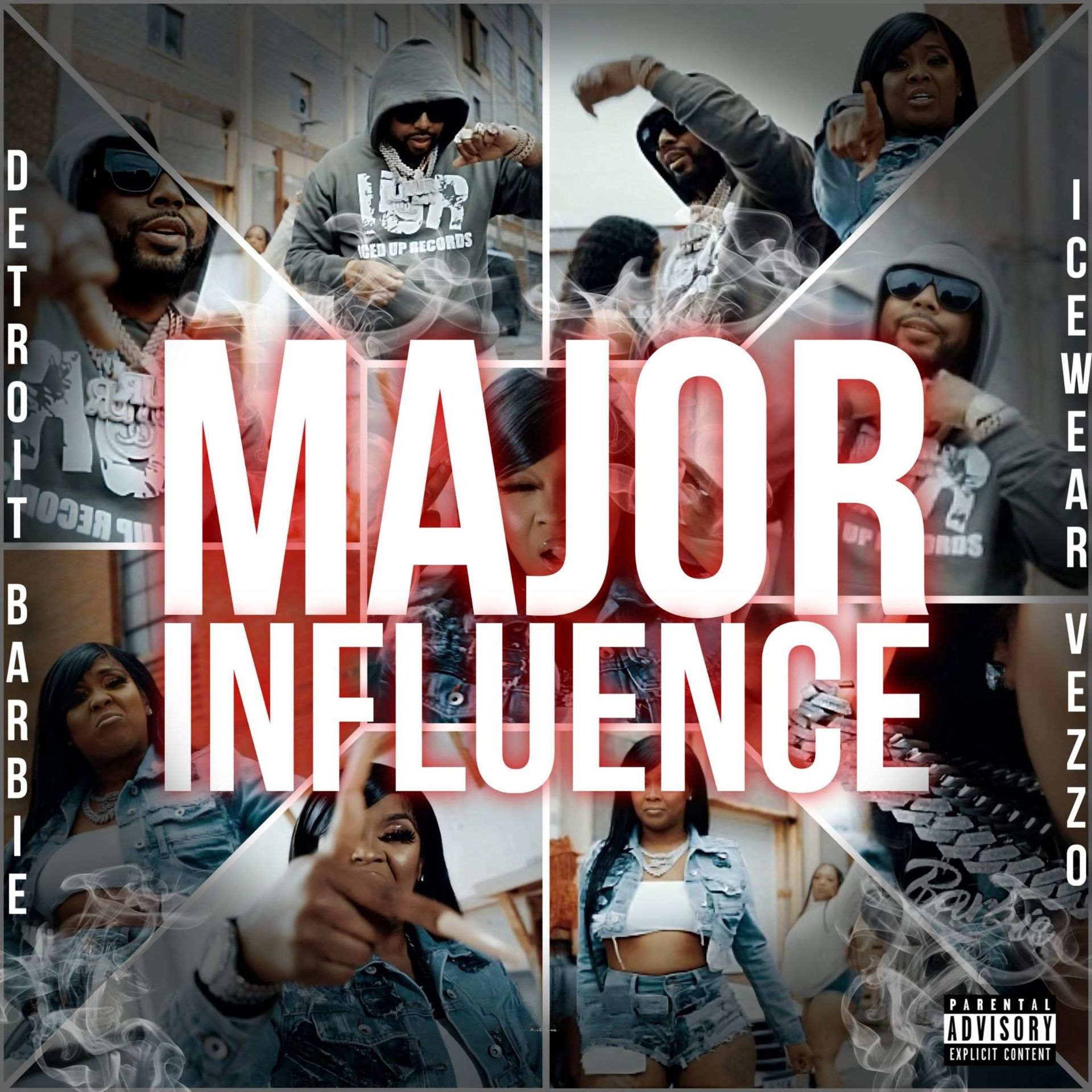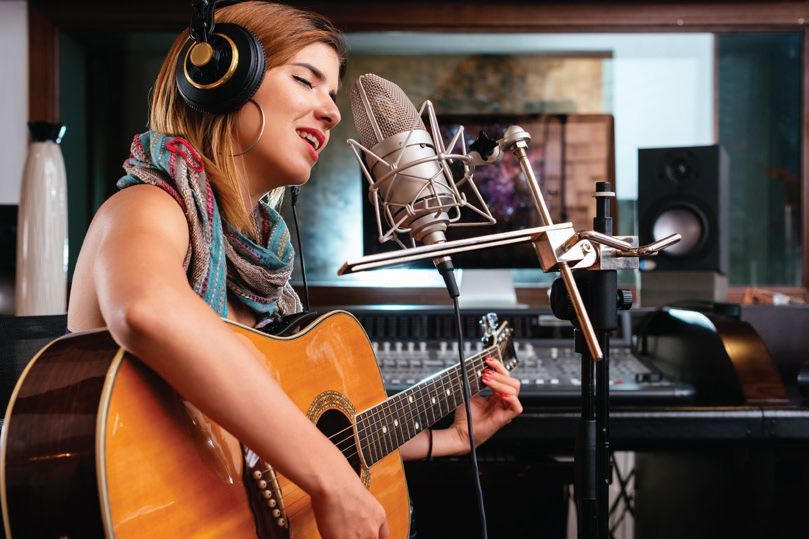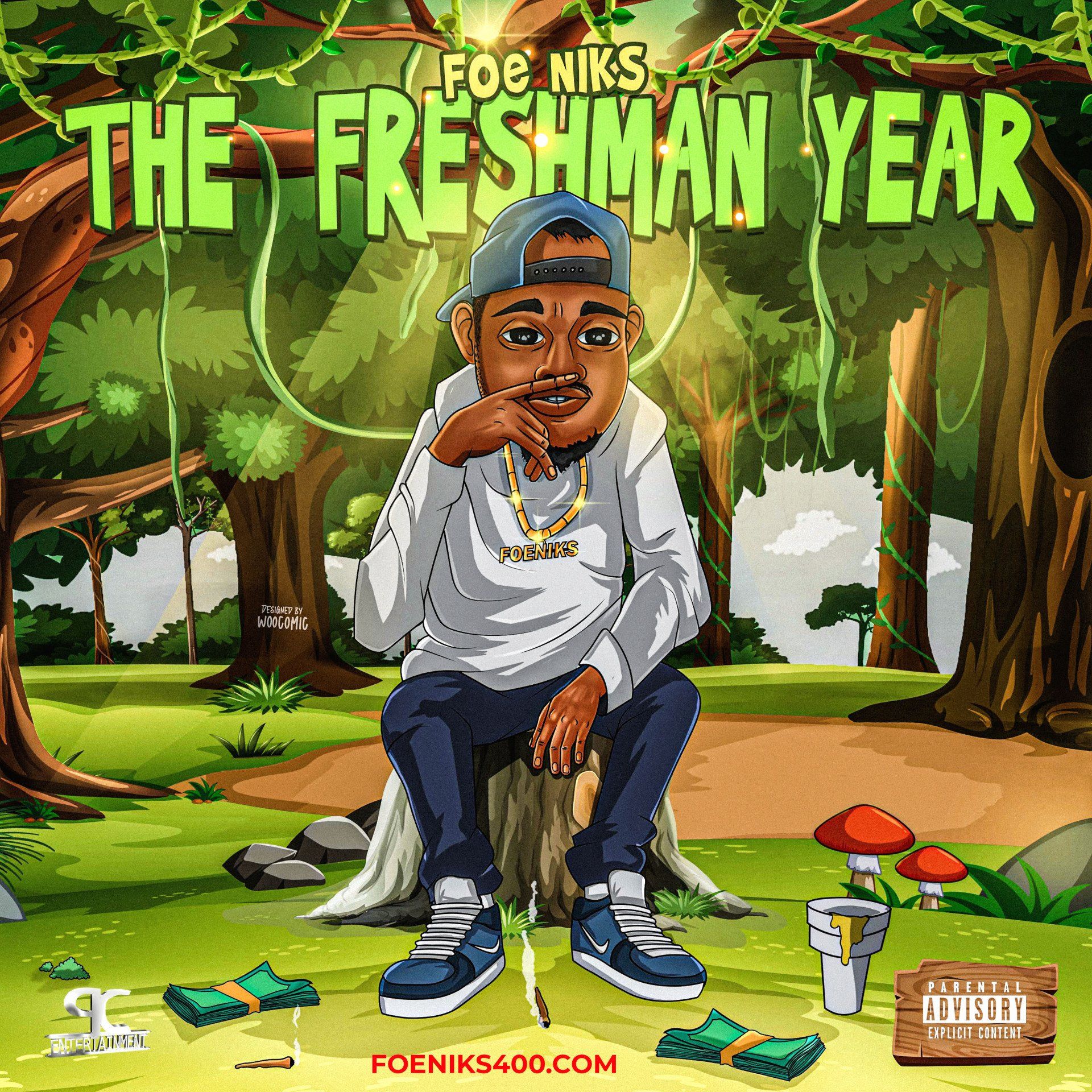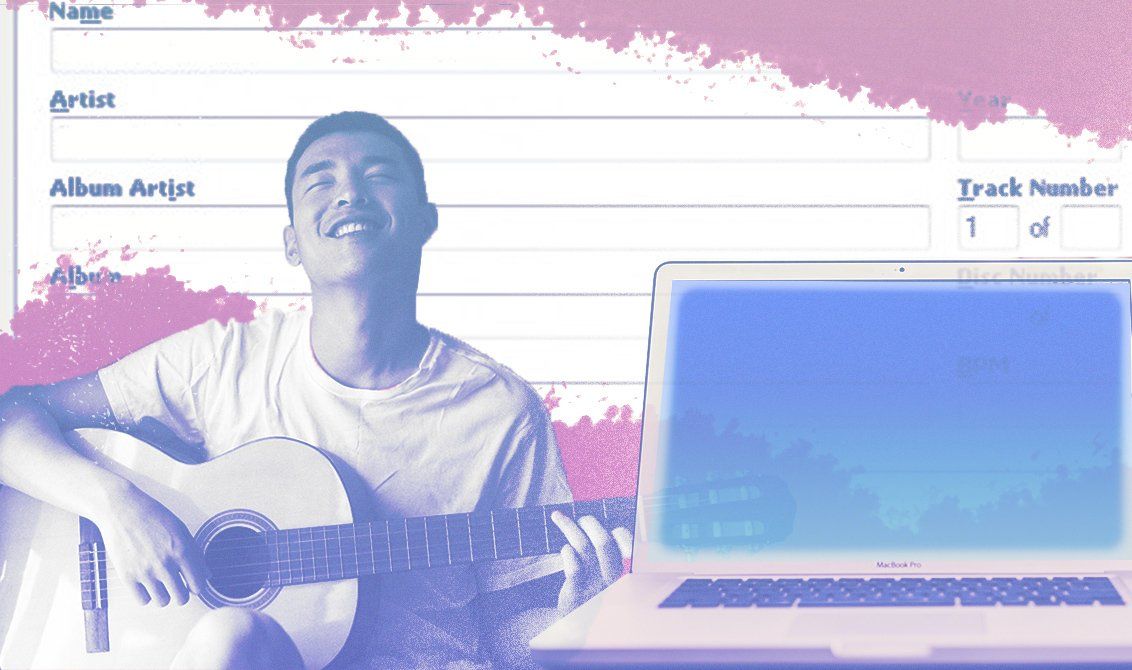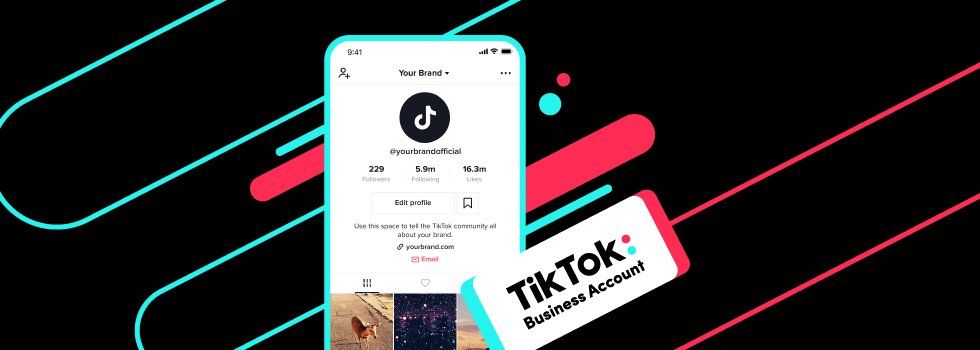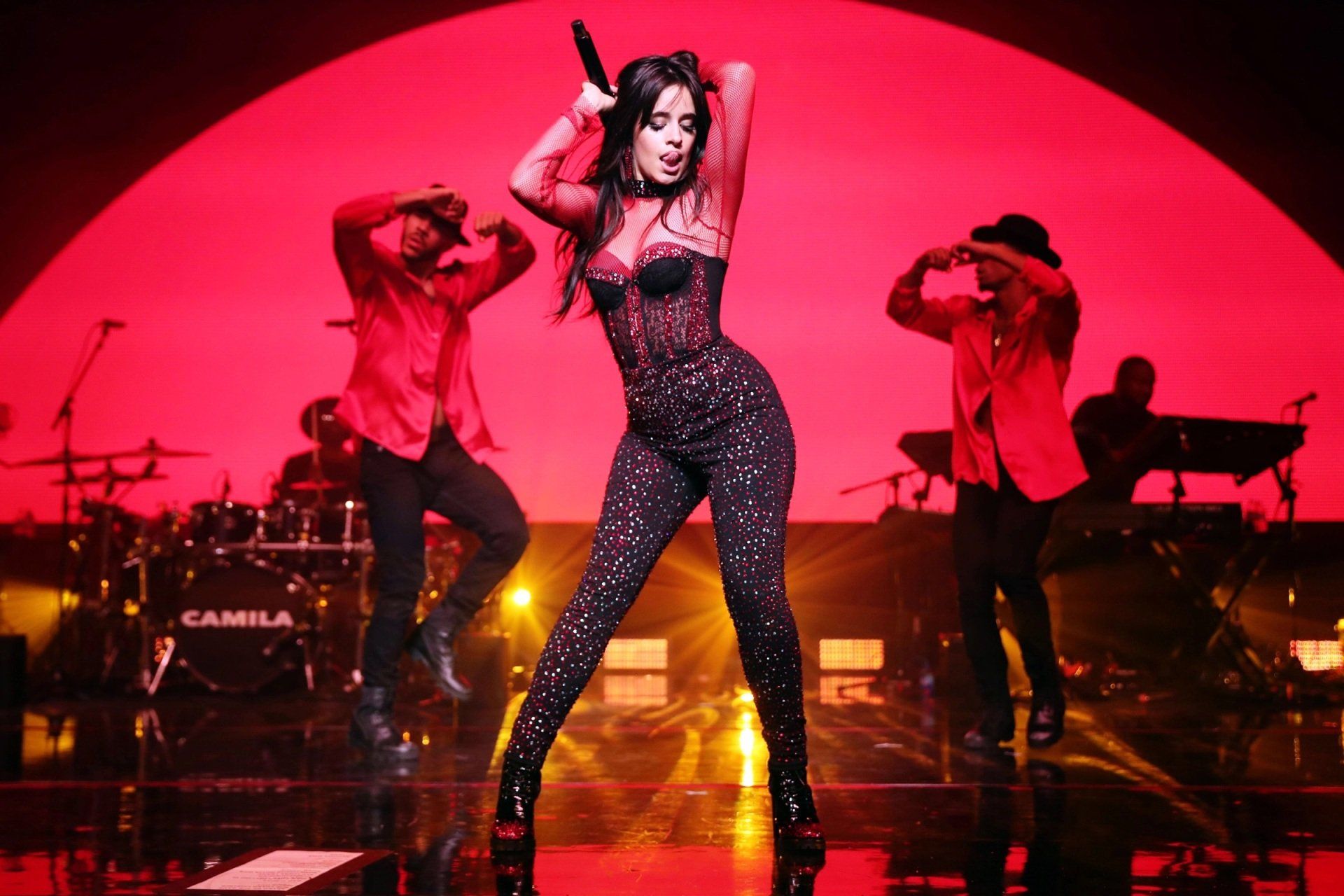Complete Guide to Making Money in the Music Industry as an Independent Artist or Label
Karnchea Barchue • November 22, 2024
Navigating the music industry independently can be challenging, but with the right strategies, it’s possible to generate income and build a sustainable career. Here’s a guide to help you maximize your earning potential as an independent artist or label.
1. Monetizing Your Music
a. Streaming Revenue
- Distribute your music on platforms that force listers to stream or download like: Tidal, Spotify, and Apple Music.
- Sign up with a digital distributor like PCMUSICENT, DistroKid, TuneCore, or CD Baby.
- Focus on increasing streams by promoting your music on social media and playlists.
b. Digital and Physical Sales
- Sell digital downloads on Bandcamp, your website, or other platforms.
- Create and sell physical copies like CDs or vinyl for fans who prefer tangible products.
c. Sync Licensing
- Submit your music for sync opportunities (TV shows, movies, commercials, and video games).
- Use services like Songtradr, SyncTank, or reach out to music supervisors directly.
d. YouTube Monetization
- Create music videos, lyric videos, or behind-the-scenes content.
- Monetize through YouTube’s Partner Program by enabling ads and leveraging fan subscriptions.
2. Merchandise
- T-Shirts, Hoodies, and Hats: Use services like Printful or Teespring to start with no inventory risk.
- Specialty Items: Offer signed merchandise, exclusive posters, or limited-edition vinyl.
- Bundles: Package music with merchandise to increase sales value.
3. Live Performances
a. Gigs and Tours
- Book performances at local venues, festivals, or private events.
- Partner with booking agents or agencies for wider opportunities.
b. Livestream Concerts
- Platforms like Twitch, YouTube Live, or Instagram Live allow you to perform for fans worldwide.
- Charge for access or accept donations during performances.
c. House Concerts
- Perform in intimate settings at fans’ homes. This builds personal connections and income.
4. Crowdfunding
- Use platforms like Patreon, Kickstarter, or GoFundMe to fund albums, tours, or merchandise.
- Offer exclusive rewards, such as early access to music, private livestreams, or custom songs.
5. Music Publishing and Licensing
- Register your music with a Performing Rights Organization (PRO) like ASCAP, BMI, or SESAC to collect royalties from public performances.
- Administer your publishing through companies like SongTrust or sign a publishing deal for additional income opportunities.
6. Build and Monetize Your Brand
a. Social Media
- Grow an audience on Instagram, TikTok, YouTube, and Facebook.
- Monetize through sponsored posts, partnerships, or exclusive content subscriptions.
b. Email Lists
- Build an email list to directly reach your fans with updates, exclusive content, and sales.
c. Brand Partnerships
- Collaborate with brands for endorsements or promotional deals that align with your image.
7. Education and Consulting
- Offer lessons in songwriting, music production, or instrument mastery.
- Consult for other independent artists on how to grow their careers.
8. Revenue from Licensing and Royalties
a. Mechanical Royalties
- Earn from the reproduction of your music (e.g., CD, vinyl, or digital downloads).
- Sign up with the Harry Fox Agency or similar organizations for collection.
b. Performance Royalties
- Generated when your music is played on the radio, TV, or in public venues.
- Ensure your music is registered with a PRO.
c. Print Royalties
- For sheet music sales or lyric reproductions.
9. Expand Beyond Music
- Podcasts: Start a music-related podcast for additional income and exposure.
- YouTube Channel: Share music reviews, tips, or behind-the-scenes content.
- Affiliate Marketing: Promote gear, software, or services you use.
10. Strategic Partnerships
- Partner with other artists for collaborations and cross-promotion.
- Build relationships with investors or managers for larger-scale opportunities.
Key Tips for Success
- Stay Consistent: Continuously release new content to keep fans engaged.
- Leverage Data: Use analytics from Spotify, YouTube, and social media to understand your audience.
- Invest in Yourself: Allocate a budget for marketing, production, and professional development.
- Diversify Income Streams: Don’t rely solely on one revenue source; combine multiple streams for stability.
- Stay Legal: Protect your music with copyrights and trademarks. Properly register your work to ensure you collect all earnings.
By following these steps and staying persistent, independent artists and labels can carve out a successful niche in the music industry.
Contact Us
Latest News

One of the most common misunderstandings in the music business is the notion that being affiliated with a performing rights organization (PRO) such as BMI or ASCAP means you don’t need a publishing administrator. That couldn’t be further from the truth; the reality is that these are separate entities performing different tasks with a mutual goal of making sure songwriters are paid.

